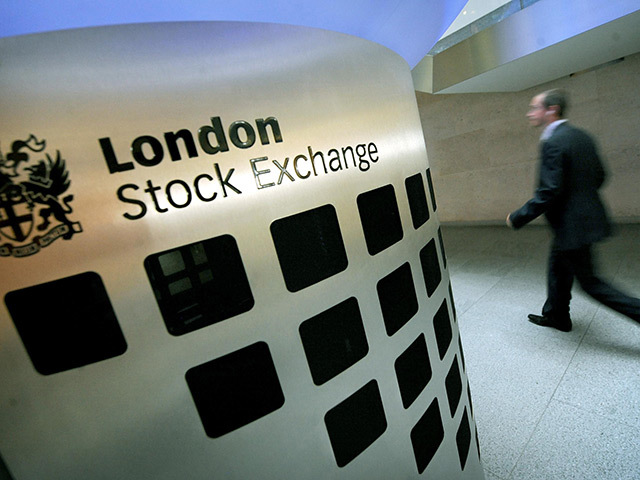
Special purpose acquisition companies (SPACs) are having a moment in the sun in the US and the UK is considering how best to secure a piece of the action.
SPACs, sometimes known as blank-cheque companies, allow a management team to list a vehicle on a stock exchange with the promise of things to come.
Once a SPAC has listed, it has typically two years to find a deal.
The management then find a private company, hopefully with growth potential, and offer it a route to a public listing through a merger. SPAC plans in the US have often focused on clean energy and sustainability.
According to SPAC Research, 296 SPACs have listed in the US in 2021, raising $96.2 billion. In 2020, there were 248 SPACs listed, raising $83.4bn.
UK listing rules prevent the speculative fever that has been seen in the US. In the UK, once a company has made an offer its shares are suspended – locking shareholders in, or out.
Lord Jonathan Hill published a report touching on the issue in early March. He made the case to change this rule, allowing companies to continue to trade after a deal has been announced.
Hill also called for shareholder rights to be bolstered, through voting and redemption rights.
Going public via a SPAC is typically cheaper and faster than through an IPO.
London’s bid
The perception that the UK is not viable for SPACs creates a “real danger” for London, Hill said. Companies may choose to list in the US or European Union.
Chancellor Rishi Sunak has expressed interest in making London more attractive as an investment destination, following the country’s exit from the EU. The aim would be to deregulate markets in a fashion similar to London’s “big bang” of the 1980s.
“It would appear a shame to miss out on this opportunity particularly as such business activity will form an important part of the economic recovery in the UK and enable London to continue as a financial centre post-Brexit,” Bracewell partner Jo En Low told Energy Voice.
Bridge the gap
While there is appetite for clean energy, there are difficulties in linking up investors with businesses, she continued.
“SPACs may be a way of bridging this gap. SPACs enable early stage businesses to obtain funding with relative speed and certainty. In short, a SPAC is a vehicle with no existing operations that is listed to acquire a business by way of a reverse takeover.
“This allows for a relatively straightforward prospectus and disclosure process, with cash in place at the time of the acquisition,” she said.
New clean energy companies are unlikely to be able to meet requirements for a premium listing, Low said. Meanwhile, debt is expensive.
Appetite in the US has grown to the point that the Securities and Exchange Commission (SEC) was compelled to issue a warning on SPACs in early March. Investors, the SEC said, should not “make investment decisions related to SPACs based solely on celebrity involvement”.
The US agency went on to flag various concerns around the investment vehicles. Sponsors may not have the same interests as shareholders. In the US, sponsors typically take 20% of equity as a promote.
Duly diligent
Aperio Intelligence’s head of ESG Simon Jennings noted the rise of SPACs in the mining sector. Investors are keen to “put money into battery metals and projects that can support the clean energy transition”.
Due diligence is essential for such investments, he said.
“As with traditional IPOs, the need for investors in SPACs to conduct effective pre-transactional due diligence remains. The need is, arguably, stronger for SPACs and in an age and sector where ESG concerns are very much to the fore.
“While there may be no operational history, a failure to scrutinise key management personnel and board members, and their track record of delivering effective governance at public companies, increases the risk of negative reputational and financial outcomes further down the line.”
Low agreed that there were concerns around investor protection.
“SPACs may create a bubble where large amounts of capital are raised before any acquisition has even been identified and as they are shell vehicles with no operations or financial history, the investment risk is relatively high. There will be winners as well as losers,” she said.
There have been some recent signs of the tide turning in the US, with the SPAC frenzy cooling. This comes while the rest of the world is catching on. Hong Kong is considering how to attract SPAC cash, while Amsterdam’s first listing this year was a SPAC.
